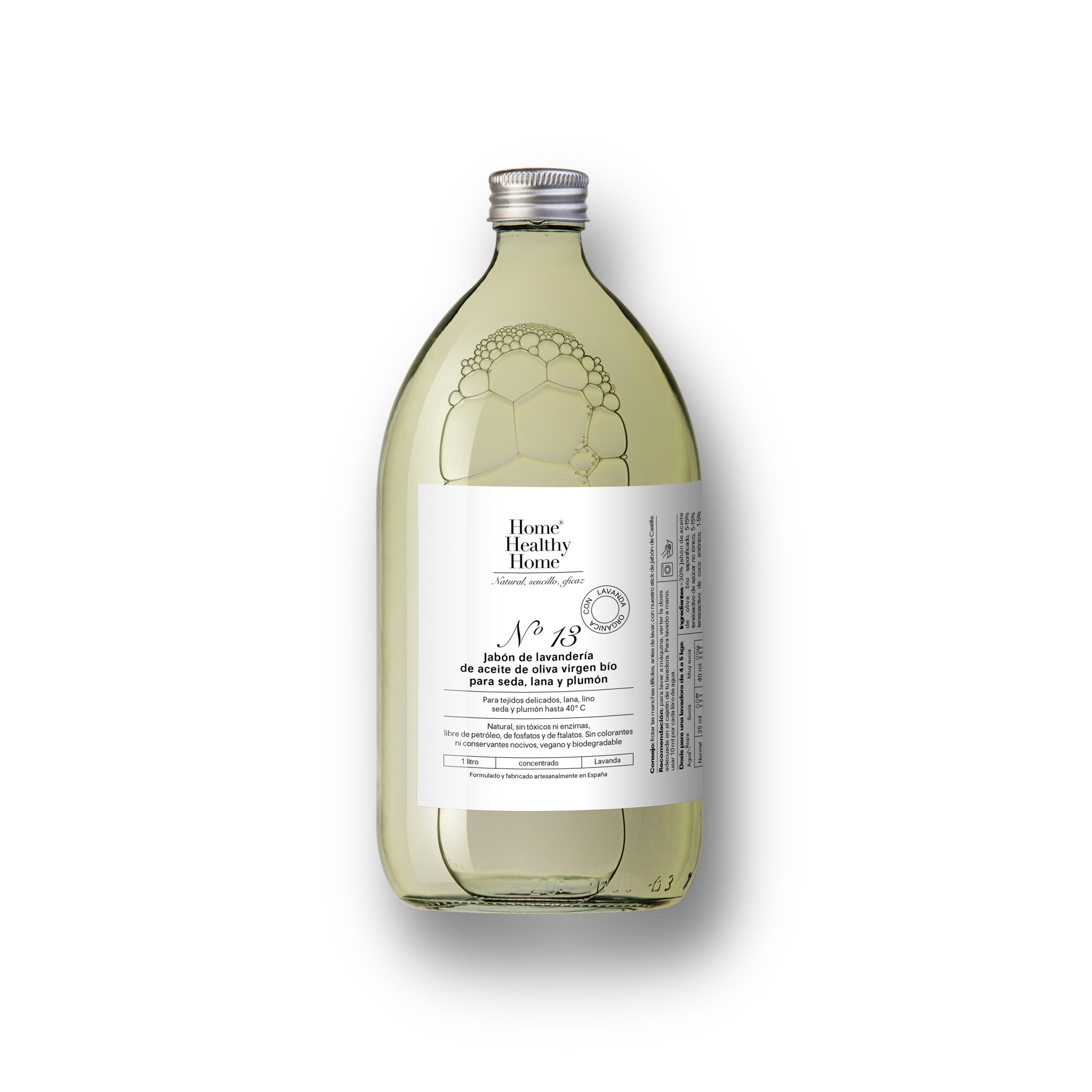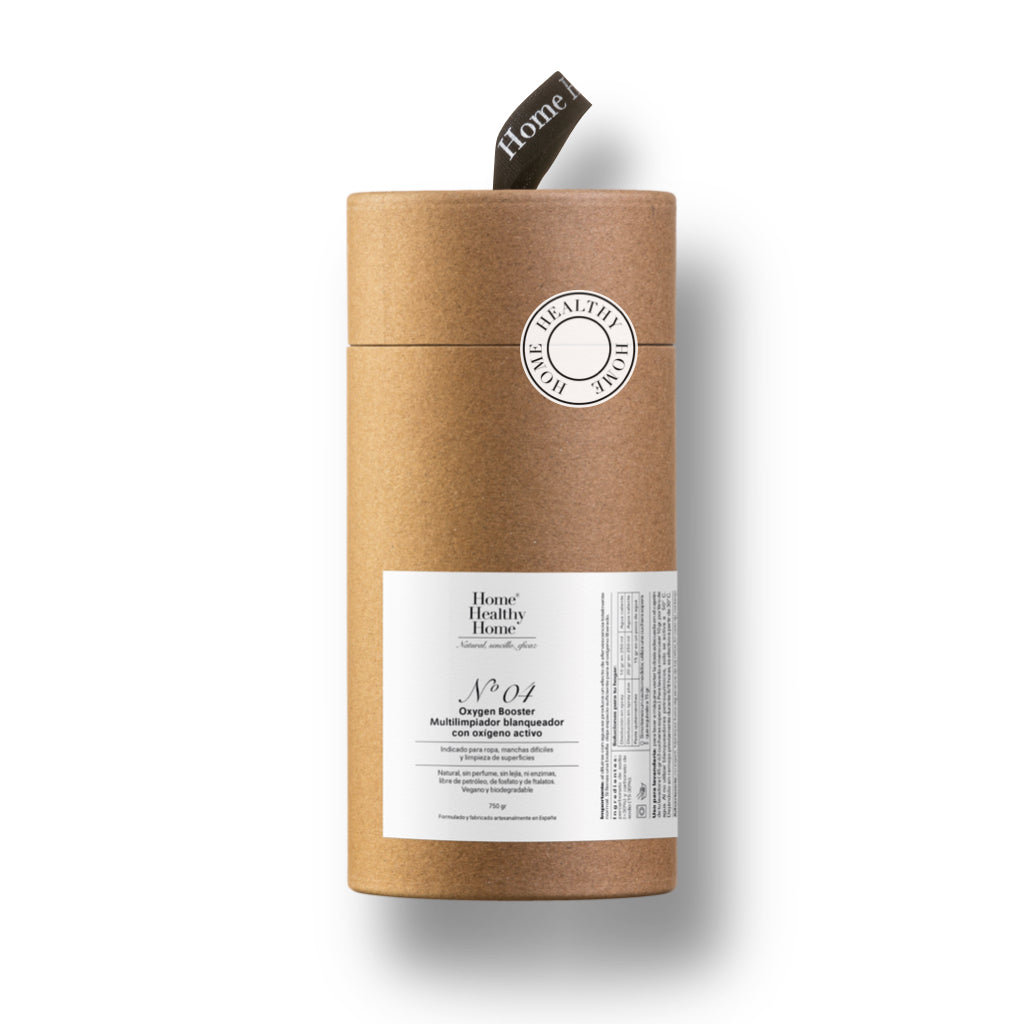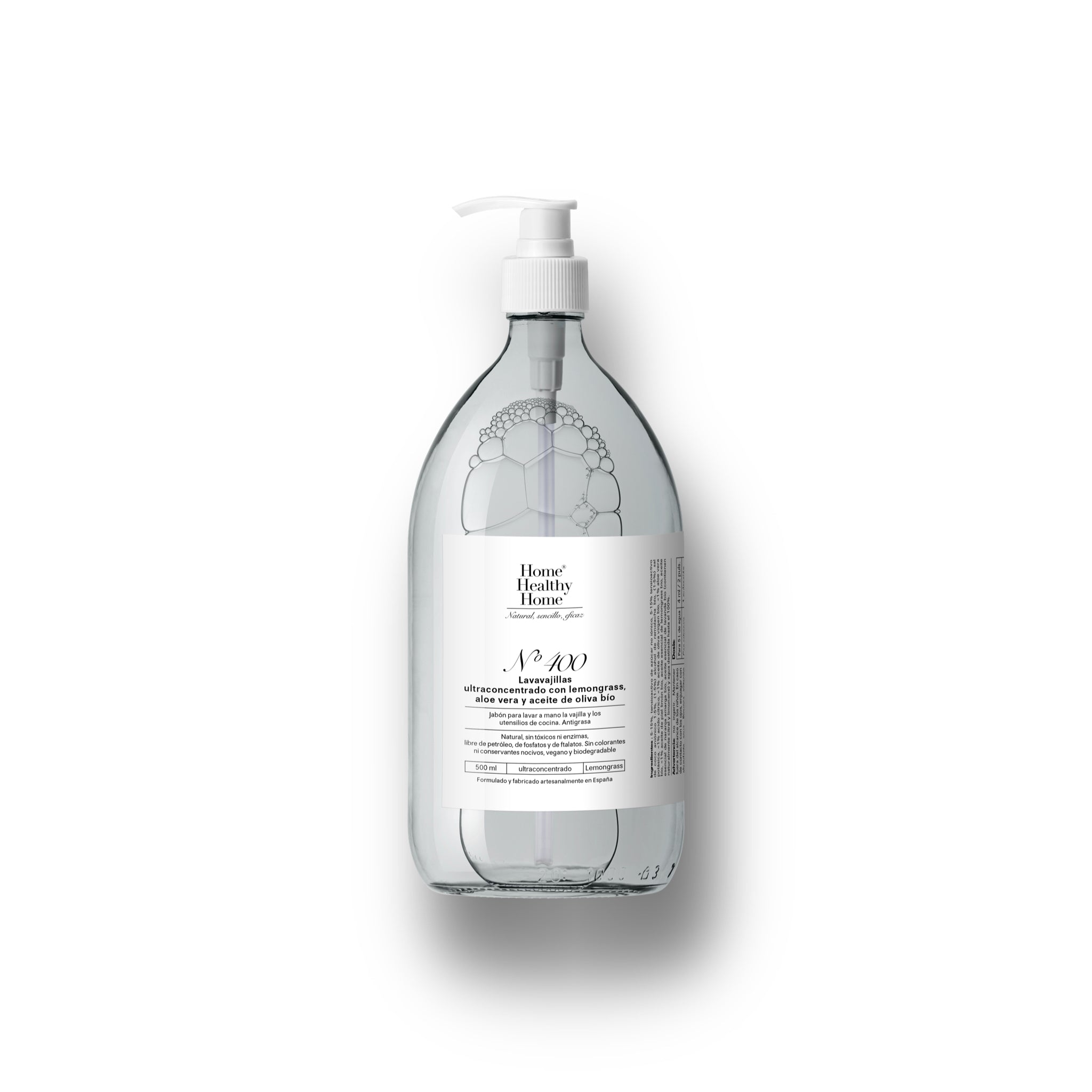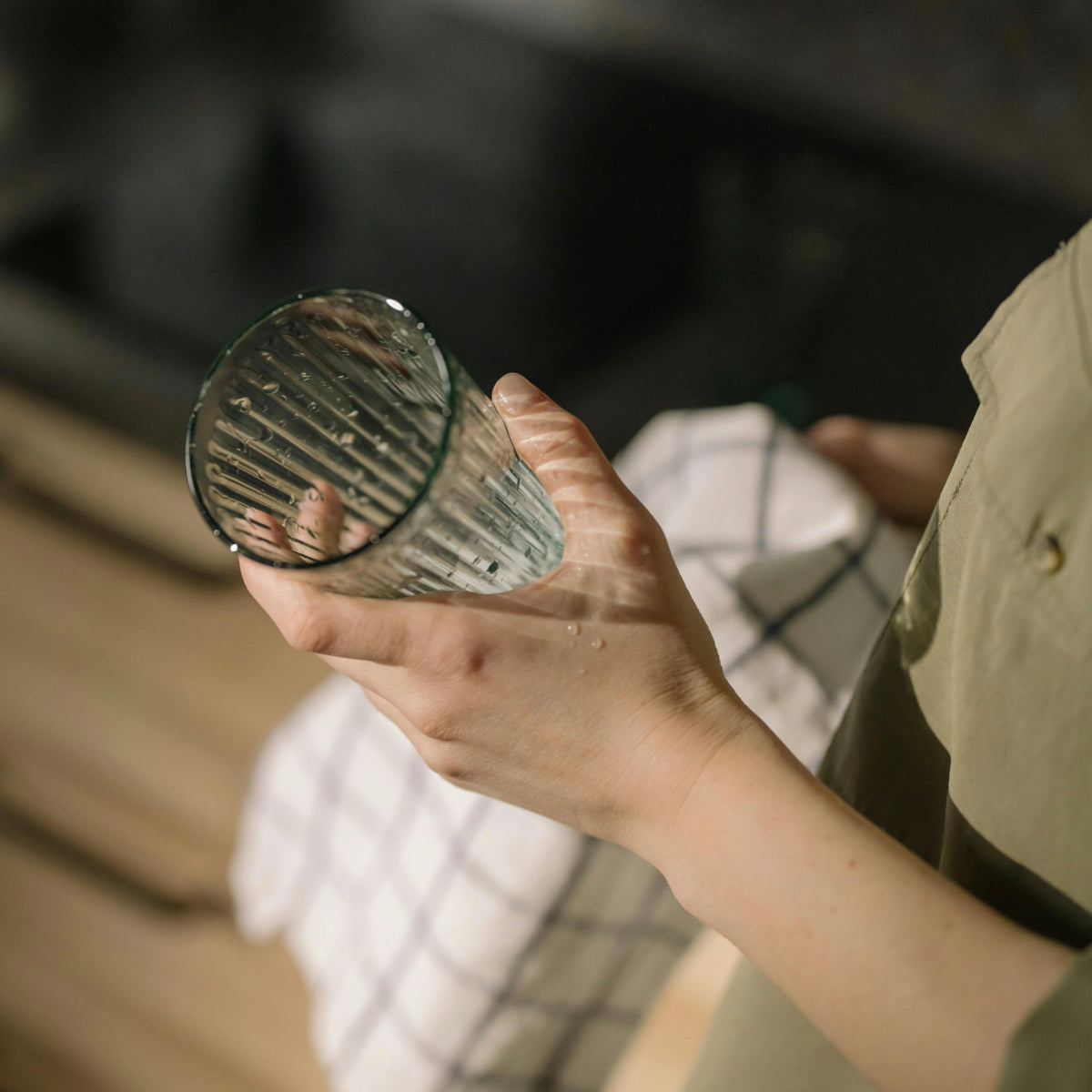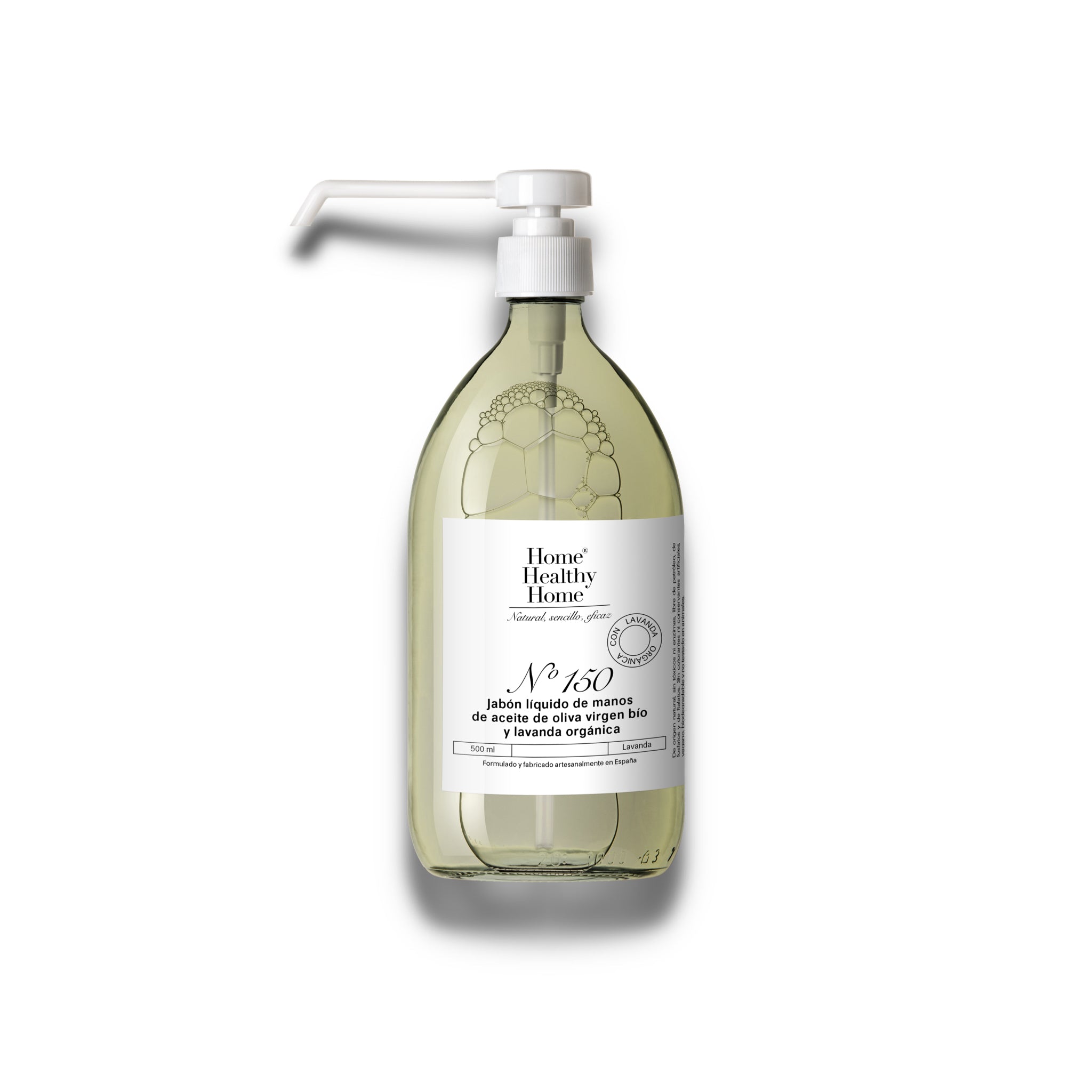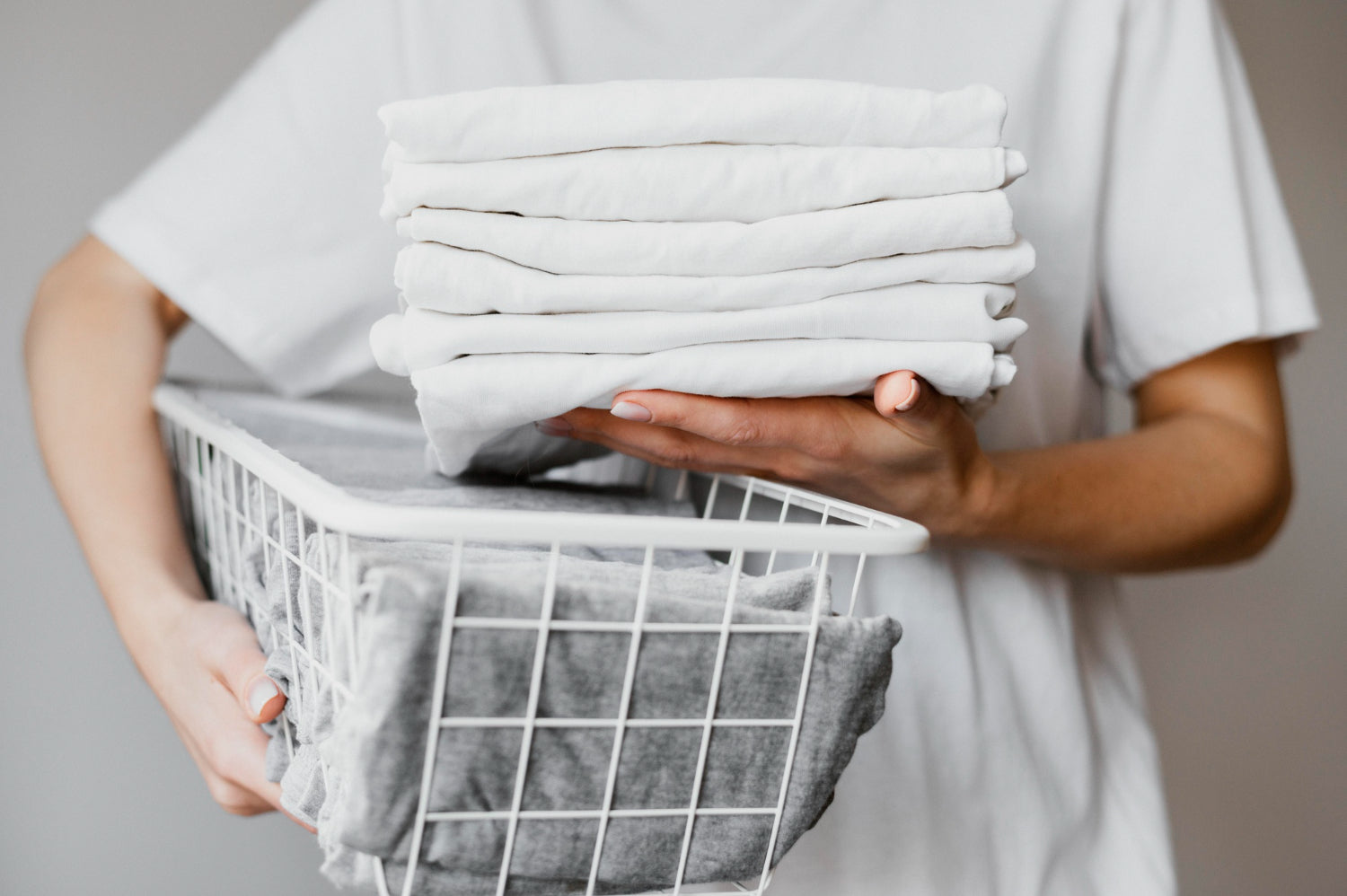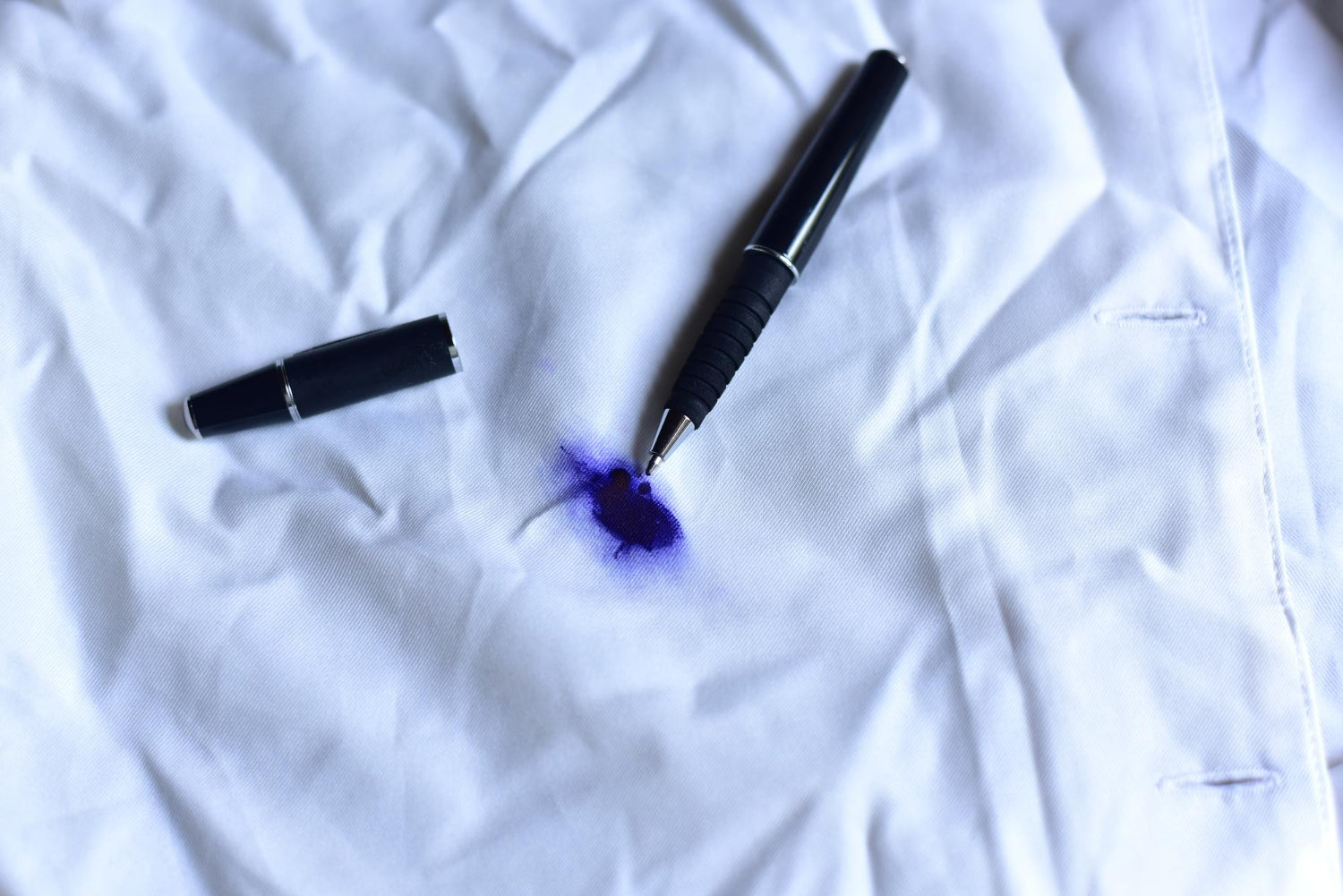The ideal frequency to wash your clothes: benefits for health, the environment and its durability.
Many people have the habit of automatically putting their recently worn clothes in the laundry basket, especially during times of intense heat. This may make sense when it comes to underwear or socks, but what about our jeans and sweaters that have no stains or visible dirt?
The frequency with which we wash our clothes is largely influenced by the marketing and advertising campaigns of detergent brands. We have been conditioned to believe that washing clothes more frequently means they will be cleaner. However, washing clothes less frequently is not only more environmentally friendly, it also has benefits for the health and durability of our clothes.
What they don't tell you about detergents
Washing clothes less frequently can make a difference in preserving the environment. Each wash with detergents releases around nine million plastic microparticles into the oceans, since they cannot be filtered into wastewater treatment plants. Plus, washing clothes less frequently saves a lot of water. It is estimated that between 45 and 110 liters of water can be saved for each wash load, which is equivalent to more than 14,000 liters per year, approximately the amount of water we drink over a 12-year period.
In addition to the environmental impact, washing clothes too frequently can also damage fabrics and reduce their lifespan. Frequent washing can cause more delicate items to wear out more quickly. Therefore, washing clothes more consciously and only when necessary can help preserve the quality and durability of our garments.
Now, let's look at the recommended frequency for washing different types of clothing:
How often should you wash your sheets?
We spend approximately 8 hours a day in contact with our sheets. To limit the proliferation of dust mites and maintain good hygiene, it is recommended to wash your sheets regularly, ideally every two weeks. However, if you sleep without pajamas, don't shower before bed, or sweat a lot during the night, it's best to wash your sheets once a week.
Pillowcases: Pillowcases accumulate sebum secretions, dead cells, pollen and dust, so it is important to change them regularly. It is recommended to wash your pillowcases every week to avoid skin problems such as pimples and irritations.
Duvets and pillows: Although less likely to harbor bacteria, duvets and pillows should also be washed periodically. If they are made of feathers, it is recommended to wash them twice a year, while if they are synthetic, once every two months will be enough.
Towels
Towels are prone to collecting moisture and bacteria, which can cause health problems. It is recommended to wash bath towels after no more than a week of use, although in humid areas it is advisable to wash them every two or three days. Hand towels, as they are used by different people several times a day, should be washed every two days at most.
Underwear
Undergarments, including panties, briefs, socks and stockings, are in direct contact with the skin and absorb sweat, sebum and other body waste. Therefore, it is recommended to wash it after each use to maintain good hygiene.
Pants
Regular canvas pants can be worn two to three times before washing, while jeans, which do not absorb odors easily, can be washed every 5 or 6 wears. If your jeans are stained, you can treat the stains individually instead of washing the entire garment.
T-shirts and sweaters
The frequency of washing T-shirts and sweaters depends on the type of fabric. Cotton, cashmere or silk garments can be washed after 2-3 uses, while sweaters made of wool or synthetic materials can be washed after 5 uses. T-shirts and tank tops, being in direct contact with the skin, are best washed after one or two uses.
Sportswear
Sports clothing should be washed after an intensive exercise session in which you have sweated a lot. To maintain freshness and extend its useful life, it is advisable to wash it after each use.
Winter clothes
Coats are typically washed once a season, while gloves, scarves, and hats can be machine washed monthly.
New clothes
Before wearing any new garment, it is important to wash it to remove any dirt, germs, or chemicals that may have come into contact with it during the manufacturing and storage process.
Summary
Washing clothes less frequently is not only more environmentally friendly, it can also benefit the health of our fabrics and extend the life of our clothes. By following these recommendations and adapting them according to your personal needs, you will be able to keep your clothes clean and in good condition without overwashing them. At Home Healthy Home we have a collection of soaps that will help you take care of your clothes and you will be surprised by the results. Remember that taking care of your clothes is also taking care of the environment!


